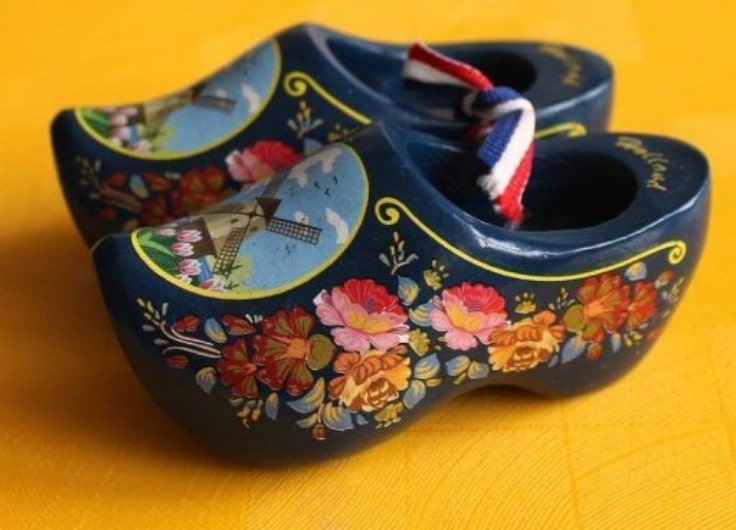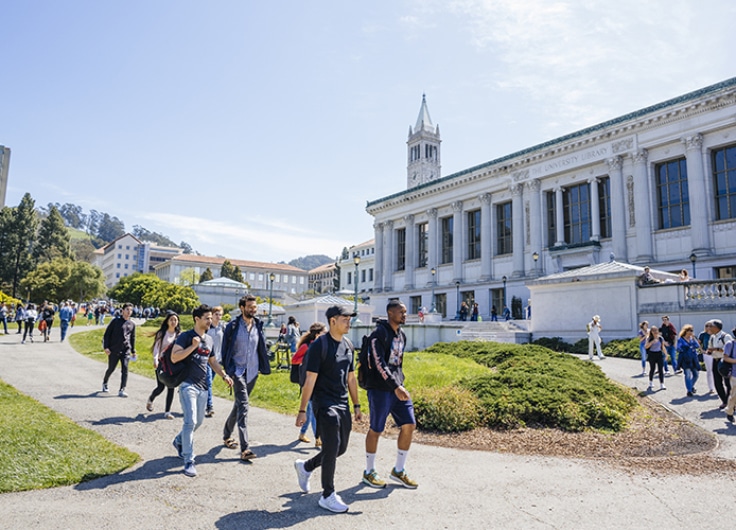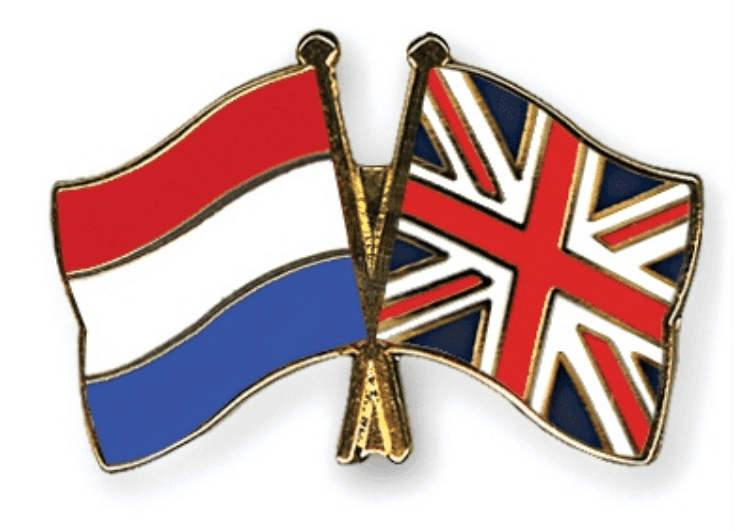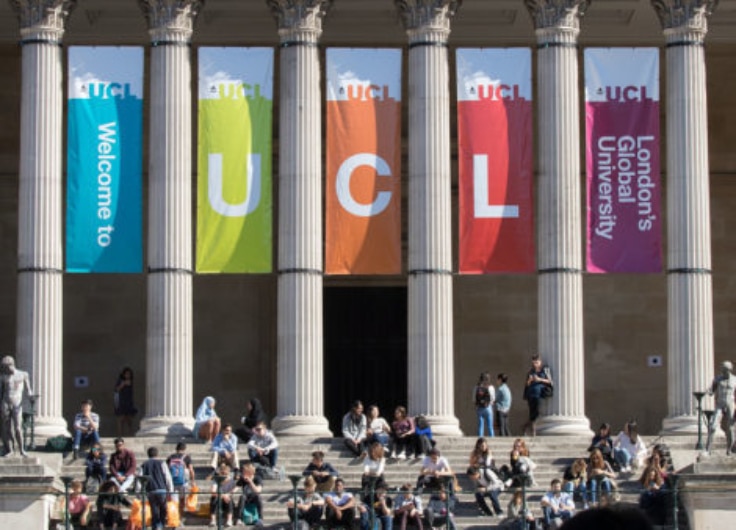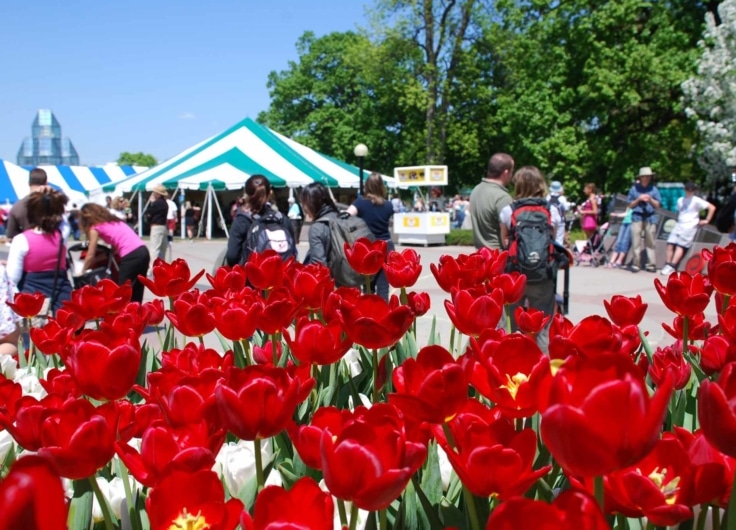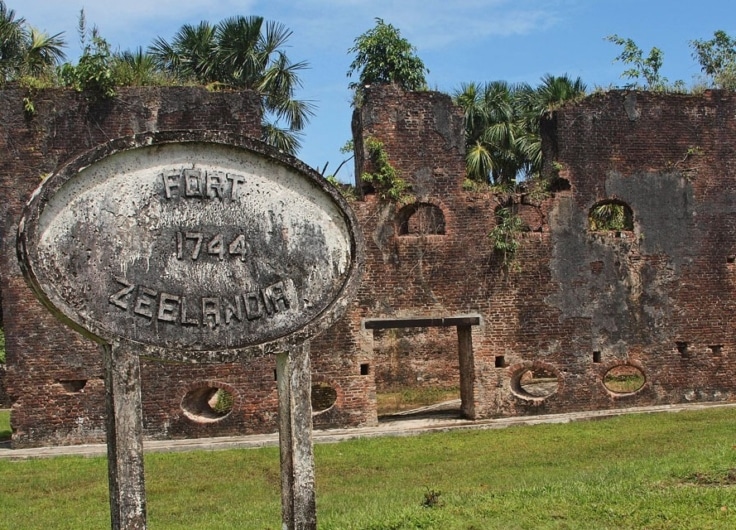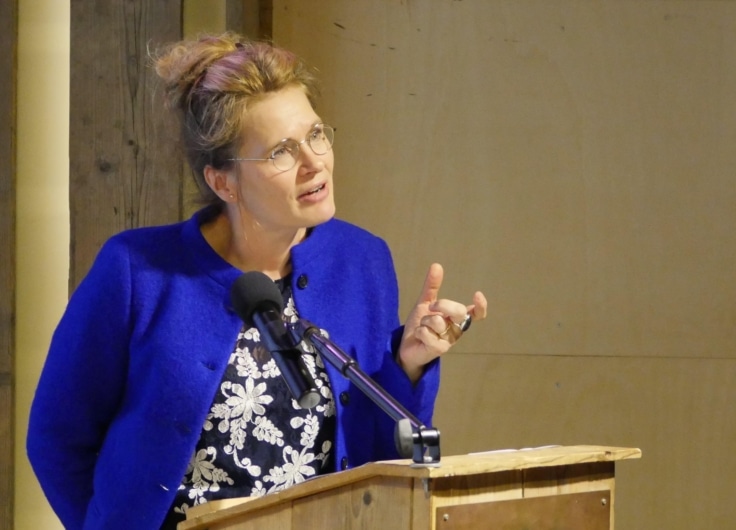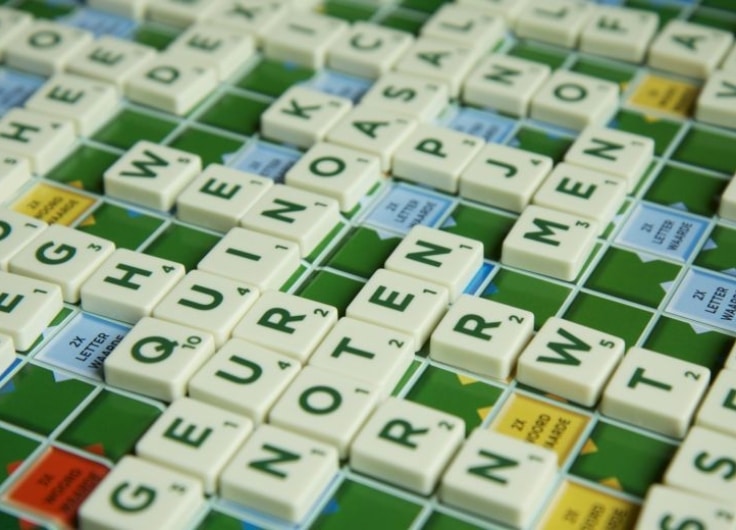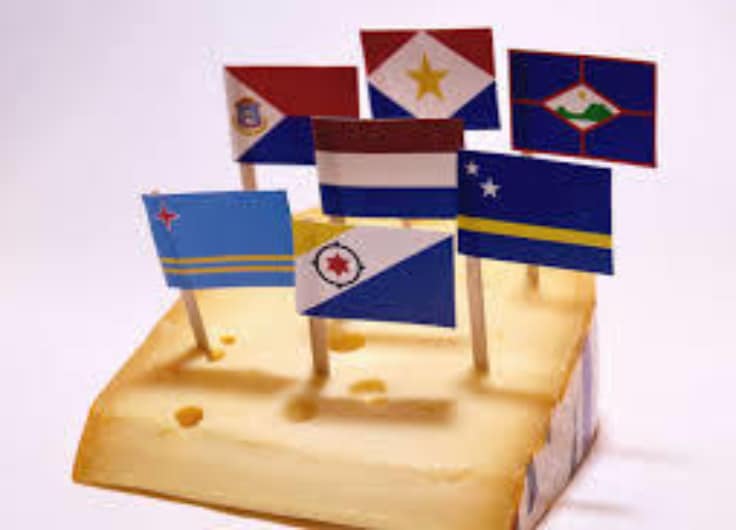The Future of Dutch Language Studies in Indonesia is Secure
Amidst the enormous linguistic diversity of Indonesia, the Dutch language has now all but vanished from the archipelago. However, Dutch remains an important language of education in the country. This is partly due to the merits of Dr Kees Groeneboer, who was affiliated with the University of Indonesia.
One of the more intriguing issues concerning Dutch colonialism concerns the place and role of the Dutch language in the history of its merchant maritime empire in South East Asia. This began in 1602 with the Dutch East India Company (VOC), which lasted until 1795, when its colonial possessions were taken over by the Batavian Republic. After a short English interlude under Raffles, from 1811 to 1816, the Indonesian archipelago was given back to the Dutch, under whose control they remained until their defeat by the Japanese in 1942.
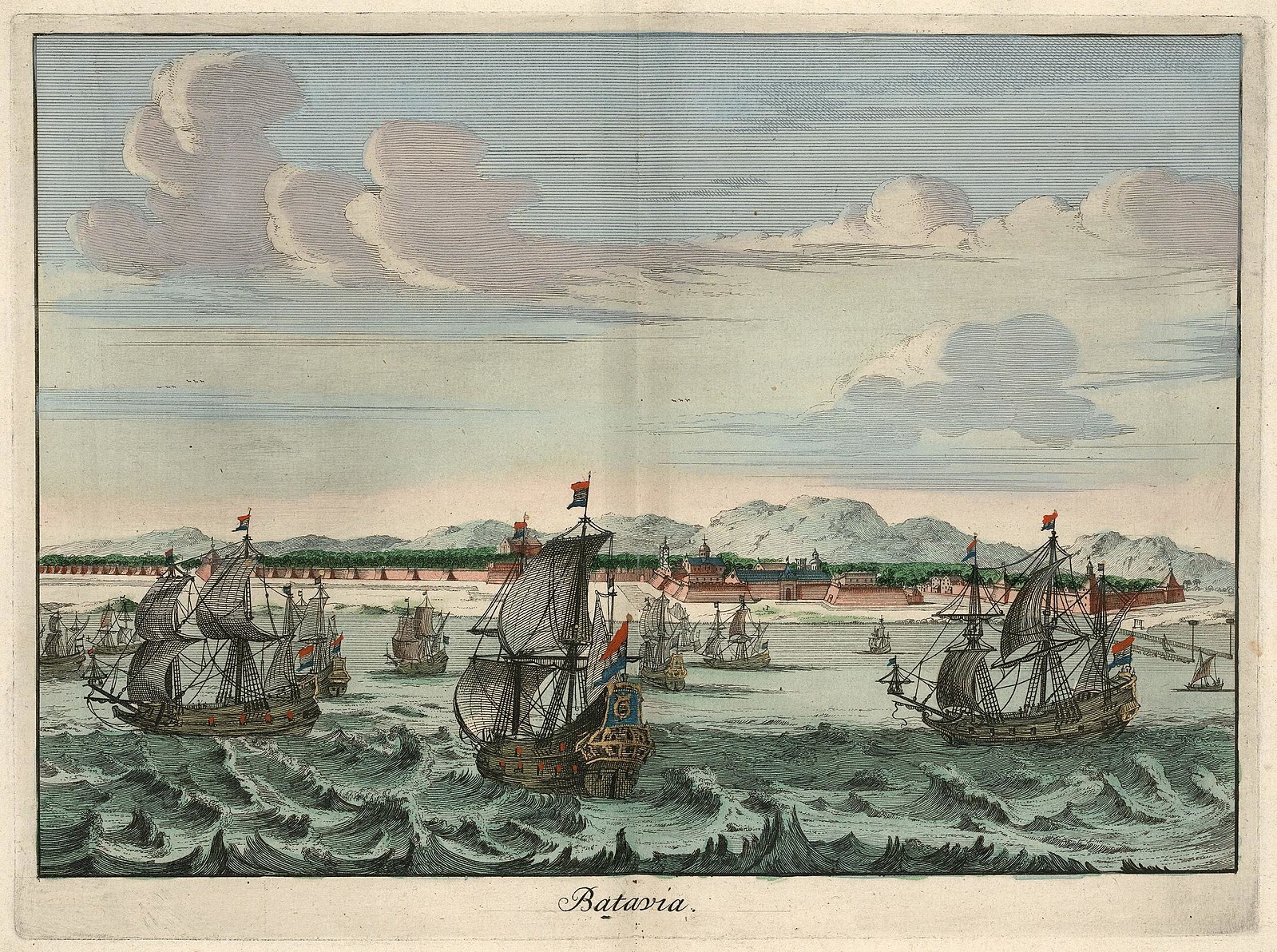 View of Batavia, assigned to engraver/etcher A. d' Winter, circa 1705
View of Batavia, assigned to engraver/etcher A. d' Winter, circa 1705© Wikimedia Commons
In 1945, the Indonesians declared themselves an independent Republic, abolishing the coloniser’s language. What followed was a costly and dirty war of decolonisation until 1949. The Dutch then hung on to New Guinea, which in 1956 caused a complete break in diplomatic relations between the two countries.
Contacts were only resumed in 1968, and in 1971 a Dutch language section was established in the Universitas Indonesia in Jakarta. A new rupture occurred in 1992, when Indonesia, irritated by Dutch interference, cut off all government-sponsored expert assistance and cooperation from the Netherlands. For Dutch language teaching, however, an exception was made, thanks to the Belgian ambassador, who explained to President Suharto that Dutch was not only the language of the former coloniser, but also of its neighbour Belgium, in particular Flanders.
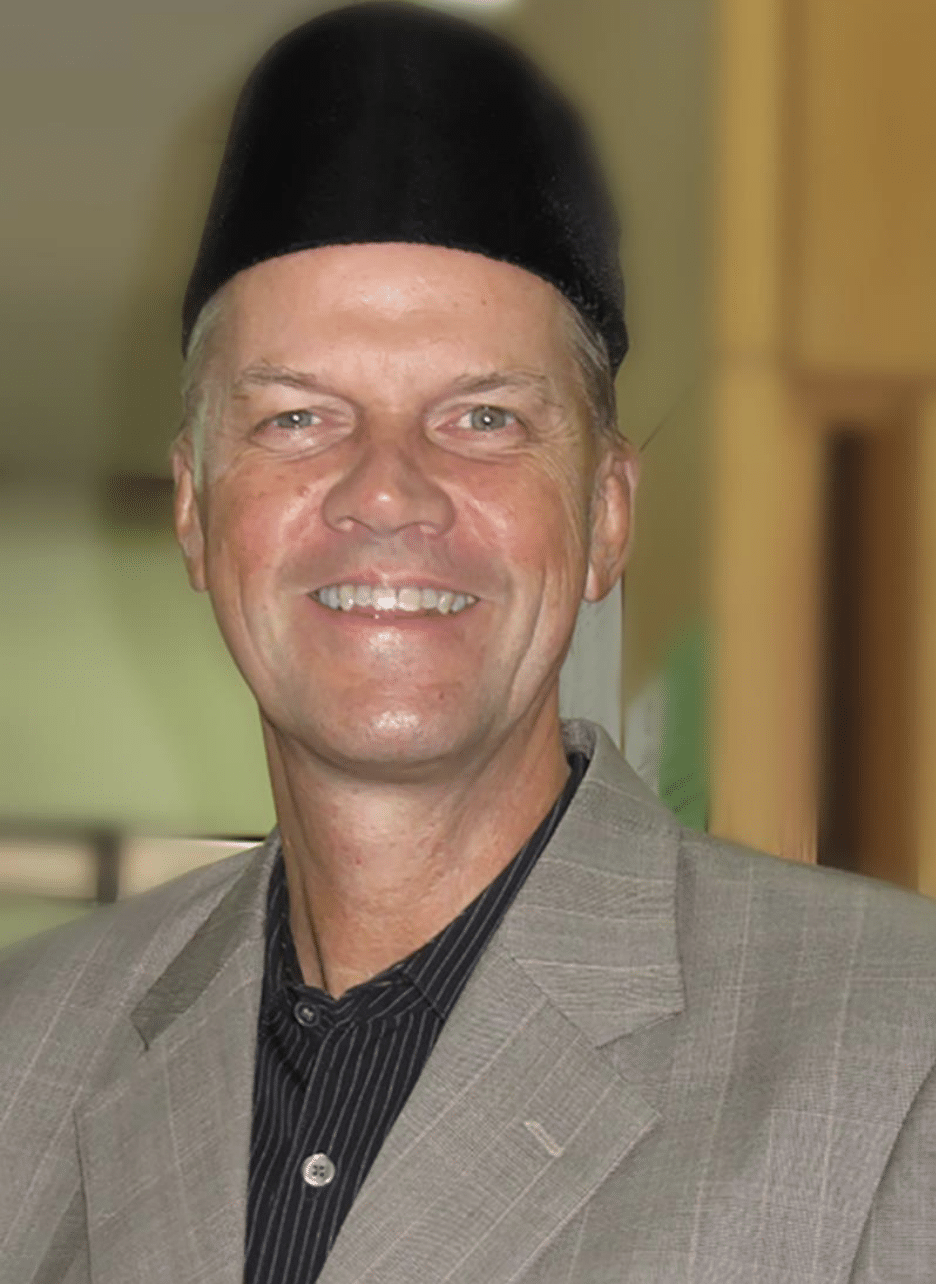 Dr Kees Groeneboer
Dr Kees GroeneboerAgainst this eventful background an interesting book was published in 2019, a farewell volume of essays for Dr Kees Groeneboer, entitled Weg tot het Oosten (Gateway to the East), marking the achievements of his thirty-five years of teaching Dutch in Indonesia. The new book’s title echoes Weg tot het Westen (Gateway to the West), Groeneboer’s doctoral dissertation on the history of Dutch language policy in Indonesia during the three hundred fifty years from 1600 to 1950. Equally, these essays demonstrate what new developments and perspectives have sprung up that will, owing to him, shape the future and continuity of Dutch language studies in Indonesia.
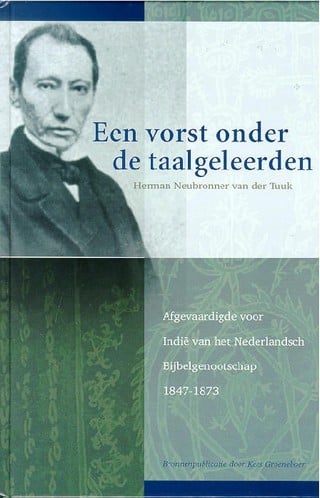
To begin with Groeneboer’s own achievements, we first mention his massive Leiden PhD dissertation of 1993 on Dutch language, language teaching, history and policy in Indonesia – which has been translated both into Indonesian in 1995 and into English in 1998.
No less important is his study of a key figure in the history of Austronesian linguistics, entitled Een vorst onder de taalgeleerden (A prince among linguists, 2002), about Herman Neubronner van der Tuuk (1824-1894), who was sent out as a field translator for the Dutch Bible Society, spent the rest of his life in the East, first in the interior of Batak country in North Sumatra, later in Bali, and became an unrivalled authority on the linguistics of Indonesian languages.
No world language
Another illuminating contribution is Groeneboer’s 1997 conference volume Koloniale taalpolitiek in Oost en West (Colonial language policy in East and West), and his 1998 presentation for the Royal Netherlands Academy of Sciences, on Westerse koloniale taalpolitiek in Azië: het Nederlands, Portugees, Spaans, Engels en Frans in vergelijkend perspectief (Western colonial language policy in Asia: Dutch, Portuguese, Spanish, English and French in comparative perspective) discussing the question Why Dutch – unlike its colonial rivals, English, French, Spanish and Portuguese – never became a world language? The answer involves, of course, the numbers of speakers concerned. But it also matters that, unlike the British in India, the Dutch did not use their own language but instead adopted Malay as the language in which they colonised the Indonesian archipelago: the Dutch language was not really part of their mission civilisatrice. And in any case, they felt it would be too expensive to impose their own language on the 30 million or more of their native subjects.
Unlike the British in India, the Dutch did not use their own language but instead adopted Malay as the language in which they colonised the Indonesian archipelago.
Groeneboer’s second great achievement is his impact as a stimulator in the field of Dutch Studies in Indonesia, his activities in fostering an academic culture of further learning, through the dissemination of new knowledge and practice, playing a key role as a trait d’union between the Dutch Program at the Universitas Indonesia and the Erasmus Dutch Language Centre (ETC) at the Dutch Embassy. With the closure of the ETC in 2015, Jakarta lost not only a thriving centre of Dutch Language and Culture, well-attended by interested Indonesians, but also a valuable and well-organised infrastructure for Dutch Language Studies and Courses.
Cooperation with Low Countries
Groeneboer was instrumental in organising cooperation with colleagues in Dutch and Flemish universities, and bringing together guest teachers from universities in the Low Countries with young Indonesian colleagues – co-supervising PhD projects, and training a new cadre of Dutch language teachers and academics – from the first group of young Indonesian scholars, who trained with the Dutch Studies Department in Leiden University, to what have become today, their scholarly ‘children’ and ‘grandchildren’. He also organised, every five years, an international Dutch Studies conference in Jakarta, in 1989, 1996, 2001, 2006, 2011 – each marked by an important edited volume of proceedings.
Altogether, these collaborative volumes, co-edited by him, amount to some three thousand pages: a treasure trove of 126 scholarly articles, by Dutch Studies experts from all over the world. It would be great if these volumes could be made accessible online in open access at the Digitale Bibliotheek voor de Nederlandse Letteren (The Digital Library of Dutch Literature). The scholarly capital they constitute, covering all subfields of language, culture, literature and history, will benefit a few more generations of Indonesian Dutch Studies scholars.
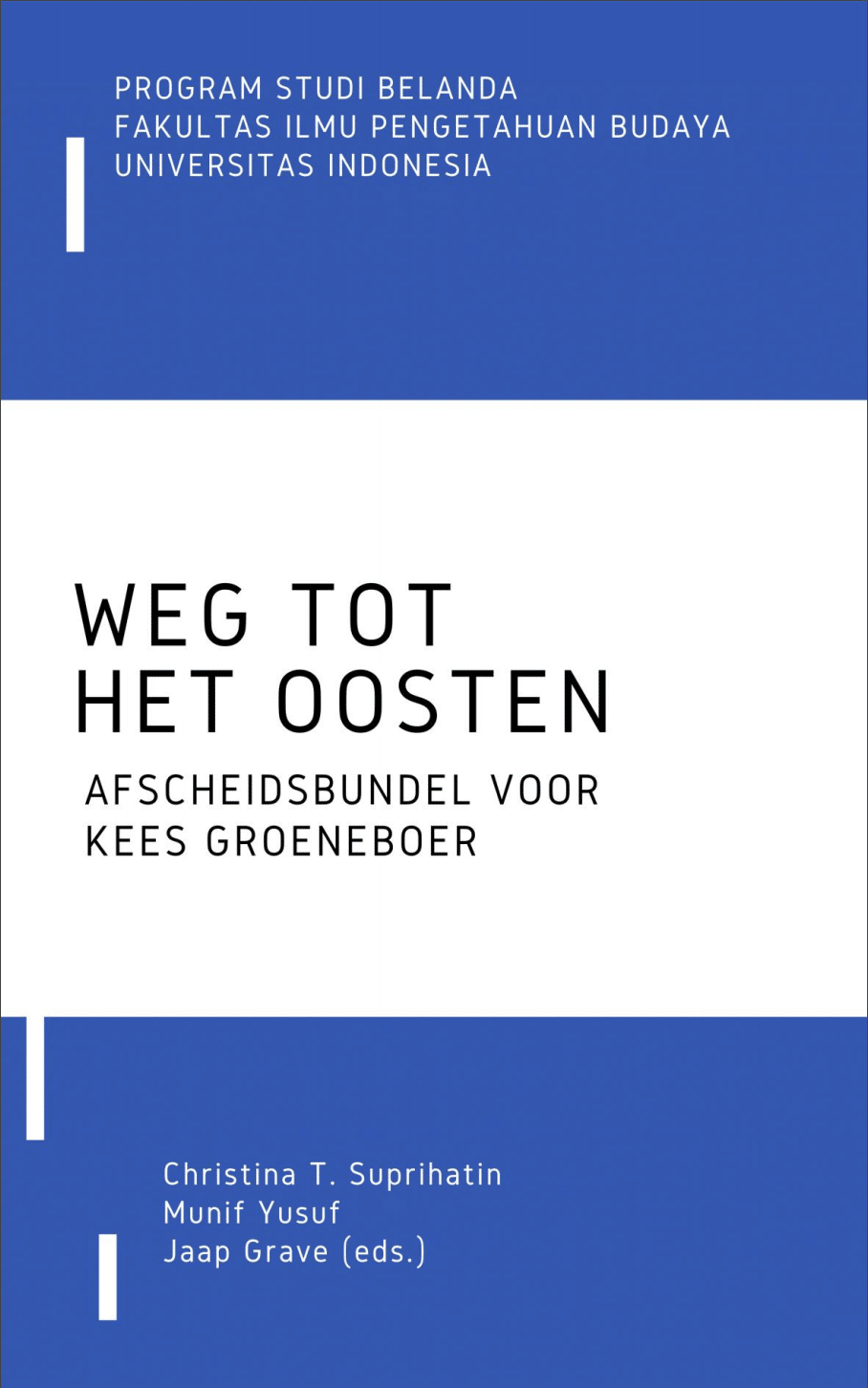
The new volume Weg tot het Oosten reflects the various activities and initiatives set in motion by Groeneboer over the past thirty-five years. It is an interesting book, containing eighteen contributions, eleven from his former students and PhD candidates, now often his colleagues, the rest from Dutch academics from outside Indonesia.
Organised in four different sections – Literature, History, Linguistics and Culture – and with its many interesting illustrations and affectionate tributes from his former students, the book contains many interesting findings, often quite unusual: on the journey of the gay icon, Dutch writer Reve, and his boyfriend through Indonesia in 1978; on the anticolonial writings of Haafner and Multatuli; on language policy in contemporary Brussels; on issues of cultural identity and intercultural communication in today’s multicultural society in the Netherlands; on the long survival of the Malayportuguese creole of Tugu village near Jakarta; and quite a few other unexpected and special topics.
Dutch Studies today
The publication of Weg tot het Oosten also presents a good occasion for taking stock and assessing the present situation in Indonesia.
A full curriculum in Dutch Studies is presently taught, as one among many other degree level courses in languages and other humanities subjects, in only one university, the Universitas Indonesia in Jakarta-Depok. The Program Studi Belanda has 250 students taking Dutch as their major subject, plus another 50 for the minor, and every year four students are sent to the international Dutch Language and Culture Summer Course in the University of Ghent. The Program Studi Belanda is taught by a new generation of Indonesian academics in Dutch Studies, who often present a rather different way of looking at the world – witness the five contributions in Weg tot het Oosten that take their scholarly compass from postcolonial writings by academics from the English-speaking world rather than the Netherlands.
In addition, there are Dutch language courses in a few language centres outside Jakarta – in Semarang, Jogyakarta, Surabaya and Bandung, all on Java. And the Dutch embassy, through its new Erasmus Training Centre in Jakarta, now offers skills training for Indonesian students preparing to go and study at universities in the Netherlands.
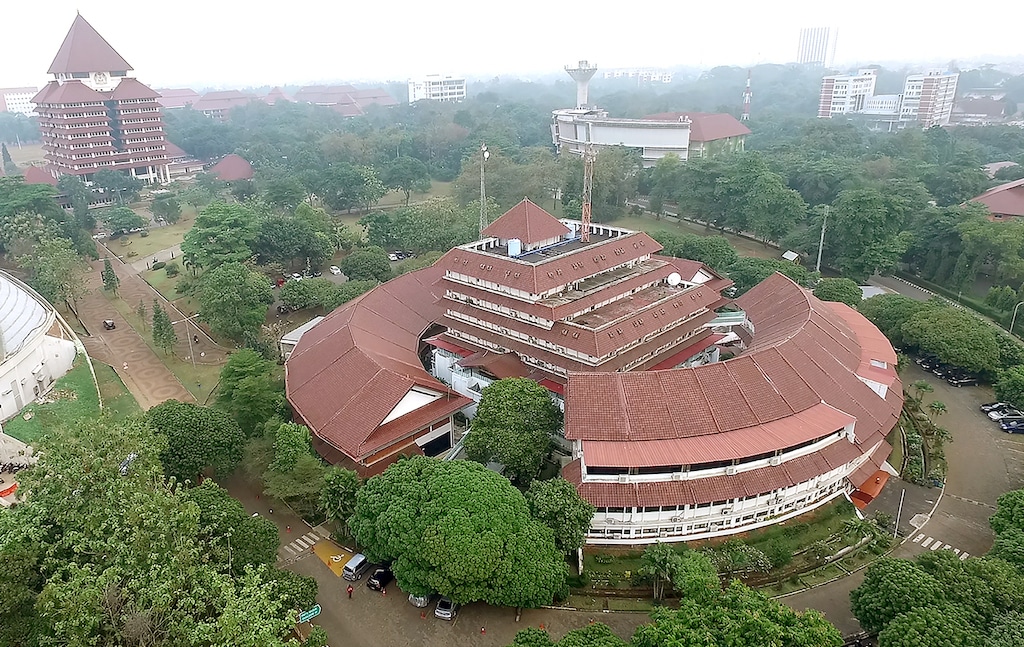 A full curriculum in Dutch Studies is presently taught in only one university, the Universitas Indonesia in Jakarta-Depok.
A full curriculum in Dutch Studies is presently taught in only one university, the Universitas Indonesia in Jakarta-Depok.End of an era
The Dutch Language Union has not appointed a successor to Groeneboer. So, is his retirement the end of an era? Yes, definitely, and so Indonesian teachers and academics in Dutch Studies will now continue under their own steam. This may be challenging, but the fact is: under the able leadership of Ms Eliza Gustinelli and Dr Christina Suprihatin they are well equipped and prepared for it.
And so: without the Dutch Language Union and its continuing support, all this would not have been possible. Without Groeneboer, it would not have happened. But fortunately, new and well-trained generations of Indonesian academics today provide a sound basis for further development and cooperation in Dutch Studies – a basis which inspires confidence for the future.
Christina Suprihatin et al. (eds.) (2019). Weg tot het Oosten. Afscheidsbundel voor Kees Groeneboer. Universitas Indonesia: Fakultas Ilmu Pengetahuan Budaya/Program Studi Belanda, 2019, 216 pp. ISBN 978-602-9054-58-3. You can download it as e-book HERE.


